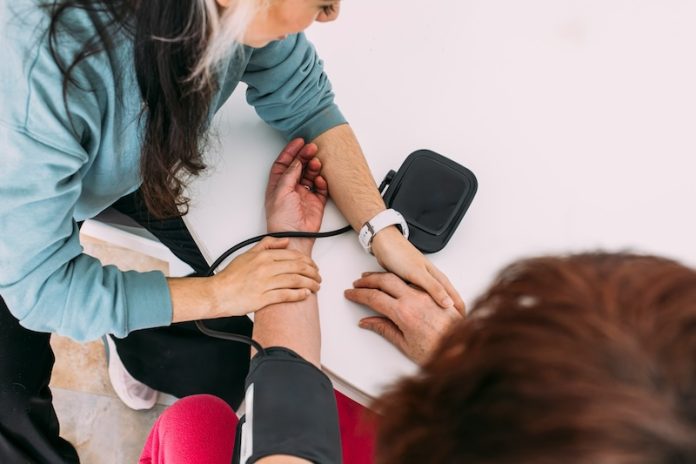
For some stroke survivors, the damage caused by the stroke can lead to epilepsy due to scarring and disrupted electrical activity in the brain.
However, a specific type of blood pressure medication may reduce the risk of developing post-stroke epilepsy (PSE), according to a recent study presented at the American Epilepsy Society’s annual meeting.
The study found that patients taking angiotensin receptor blockers (ARBs) were significantly less likely to develop PSE compared to those using other blood pressure medications.
ARBs work by blocking the effects of angiotensin, a protein that narrows blood vessels. This action improves blood flow and may reduce brain inflammation, which could help lower the risk of seizures.
“Our study uniquely focused on the effectiveness of different blood pressure medications in preventing post-stroke epilepsy in real-world settings,” explained Dr. Giacomo Evangelista, one of the study’s lead researchers and a neurology resident at the Epilepsy Center at G. d’Annunzio University of Chieti-Pescara in Italy.
The research involved 528 stroke survivors with high blood pressure, none of whom had epilepsy at the time of their stroke. All participants were already taking some form of blood pressure medication, with 194 of them on two or more types of drugs.
The results showed that about 7% of participants developed PSE, consistent with real-world statistics, which estimate 6% to 8% of stroke survivors experience seizures after their stroke. However, the type of blood pressure medication made a dramatic difference in the likelihood of developing epilepsy.
Patients taking ARBs had the lowest risk of PSE, while those on other medications faced significantly higher risks:
- Beta blockers: 120% higher risk
- Calcium channel blockers: 110% higher risk
- ACE inhibitors: 65% higher risk
- Diuretics: 60% higher risk
The researchers believe that calcium channel blockers and beta blockers may increase seizure risk by making the brain more excitable. Similarly, ACE inhibitors could contribute to higher inflammation levels in the brain, increasing the likelihood of epilepsy.
“These findings emphasize the importance of personalized medicine, particularly when managing blood pressure in stroke patients,” said co-lead researcher Dr. Fedele Dono, a neurologist at the same epilepsy center.
He added that more research with larger patient groups is needed to confirm these results and better understand the underlying mechanisms.
While the study highlights a promising approach to reducing post-stroke epilepsy, it’s important to note that the findings are still preliminary and have not yet been published in a peer-reviewed journal. Nevertheless, the research points to a new way of tailoring treatments to improve outcomes for stroke survivors.
For stroke patients and their healthcare providers, these findings reinforce the importance of choosing the right blood pressure medications to manage both immediate and long-term health risks.
ARBs may offer a protective effect that extends beyond controlling blood pressure, potentially helping to prevent complications like epilepsy and improving the quality of life for stroke survivors.
If you care about stroke, please read studies about how to eat to prevent stroke, and diets high in flavonoids could help reduce stroke risk.
For more information about health, please see recent studies about how Mediterranean diet could protect your brain health, and wild blueberries can benefit your heart and brain.
Copyright © 2024 Knowridge Science Report. All rights reserved.



